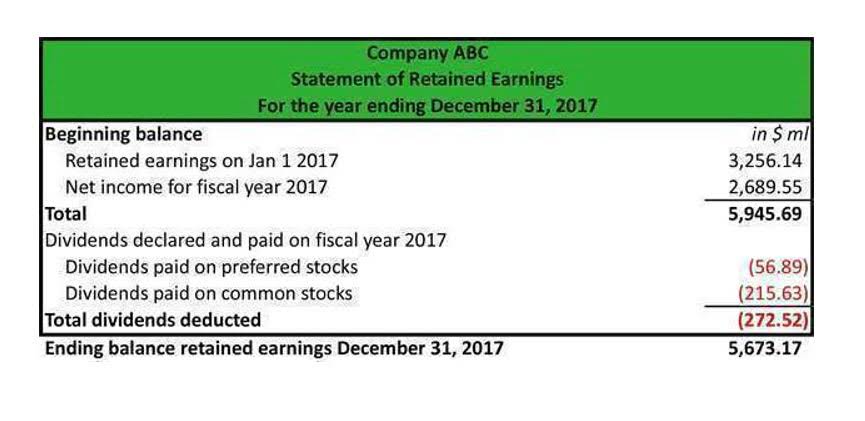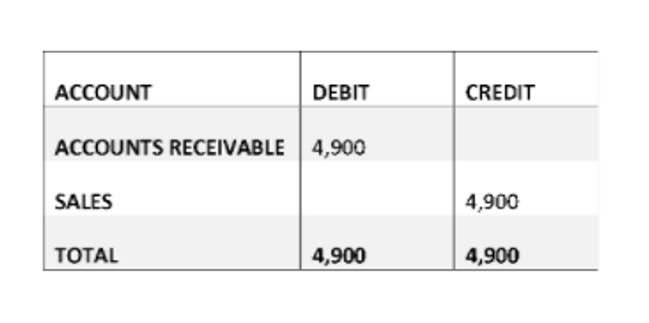
If you still keep physical records, keep clinical files locked in a separate cabinet from your financial records. This not only helps with organization but ensures that confidential information is securely stored. As your practice grows, so do the number of records you need to manage.

Transform how you manage your practice finances
- If clinical notes end up mixed with your financial records and land in the wrong hands, it can seriously damage that trust.
- To learn more about creating structured clinical documentation, check out our guide on progress notes and our psychotherapy progress note template.
- By keeping clean boundaries, you’ll make life easier for yourself and any financial professionals you work with.
- Tracking client payments and managing accounts receivable can ensure therapy practices promptly receive payment for services.
And with the right systems in place, maintaining that separation is doable. In this blog, we’ll show you why separating your clinical and accounting records is crucial and walk you through the steps to make it easy. But failing to keep these two types of records separate can lead What is bookkeeping to serious privacy breaches and fines. Of course, you’ll want to be sure to find the balance between software and using real humans to help with the finances– there are some things computers just can’t do.
Backup and secure everything
While you focus on patient care, don’t let bookkeeping slow you down. Make sure you give your books and billing the attention it deserves and invest in the right tools to streamline your bookkeeping process, whether you do it yourself or hire a pro. With financials in tip-top shape throughout the year, you can make better business decisions and rest easy knowing that you’re running a successful practice.
- Learn about staffing, compensation and tools for managing group practices.
- The good news is that if you do your research, you may even be able to find a service to handle your transactions and other small business financial matters that can also manage the software that you’re using.
- For therapists who operate from home, bookkeeping is essential to claim a portion of a room or a percentage of your home’s rent or mortgage payments.
- By doing so, you’ll be able to transfer income data to your accounting program to keep your books current.
- Efficient scheduling, appointment reminders, and patient portals improve overall client engagement.
- If you have to do this, create separate accounts for the business, at the very least.
Essential Bookkeeping Tasks for Therapists
- An experienced bookkeeper can manage day-to-day tasks like recording transactions, tracking expenses, and maintaining financial records, ensuring your books are always accurate and up-to-date.
- Therapy notes software is a specialized digital platform designed to help clinicians and mental health professionals create, store, and manage therapy notes, treatment plans, and progress notes.
- Monthly bookkeeping services help ensure accuracy, adherence to industry standards, and compliance.
- Taxes are incredibly complex, so we may not have been able to answer your question in the article.
Ask the accounting services that bookkeeping for cleaning business you consider hiring if they can help with taxes, reporting and expenses, balance sheets, and other aspects of your private practice that need a trained, experienced expert. We also streamline your insurance billing process, ensuring timely payments and reducing administrative workload, letting you focus fully on your clients and the growth of your practice. For therapists who operate from home, bookkeeping is essential to claim a portion of a room or a percentage of your home’s rent or mortgage payments. According to tax code section 162a, this space must be used primarily and regularly for business purposes, not just on random occasions to catch up on progress notes. Clinicians should monitor expenses through clear record-keeping and categorization in the chart of accounts.
- Organized, compliant bookkeeping doesn’t just make tax season smoother—it safeguards your practice from financial and regulatory risks.
- Establishing a chart of accounts tailored to therapy practice needs might include accounts for session fees, insurance reimbursements, rent, continuing education fees, marketing expenses, and office supplies.
- It also offers a built-in accounting module that allows therapists to track income and expenses, generate financial reports, and streamline their bookkeeping processes.
- For therapy practices, this includes expenses such as rent, utilities, supplies, and professional development costs.
- Our remote bookkeeping services are tailored to fit the specific needs of therapists.
- Others, like QuickBooks Online, a highly-secure platform, are transparent in that they don’t comply with HIPAA standards.
Streamline Patient Billing

By keeping your books organized, reviewing financial data regularly, and leveraging professional bookkeeping services, you can focus on helping clients while ensuring your practice thrives. A critical aspect of financial management within a therapy practice involves creating accurate invoices and promptly sending them to clients and insurance companies. Therapists can ensure this by utilizing software that streamlines the process through automated billing. Tracking client payments and managing accounts receivable can ensure therapy practices promptly receive payment for services. Monitoring payments, including those executed with cash, checks, and credit cards, and implementing clear late-payment policies can add to the practice’s financial stability.

A separate bank account and credit card will simplify your bookkeeping and prevent unnecessary errors. When pressed for time, it’s tempting to put bookkeeping on the back burner. Whether you do your own books or use Accracy to manage it for you, here are four benefits of having an up-to-date bookkeeping process for your private practice. Look for platforms that have end‑to‑end encryption, secure storage, and robust access controls. Ensuring the software is HIPAA compliant is vital to protect patient confidentiality.

Secure Cloud Storage and Data Encryption
While you focus on patient care, don’t let bookkeeping slow you down. With financials in tip-top shape throughout the year, you can make better business decisions and rest easy knowing that bookkeeping for therapists you’re running a successful practice. By doing so, you’ll be able to transfer income data to your accounting program to keep your books current.
